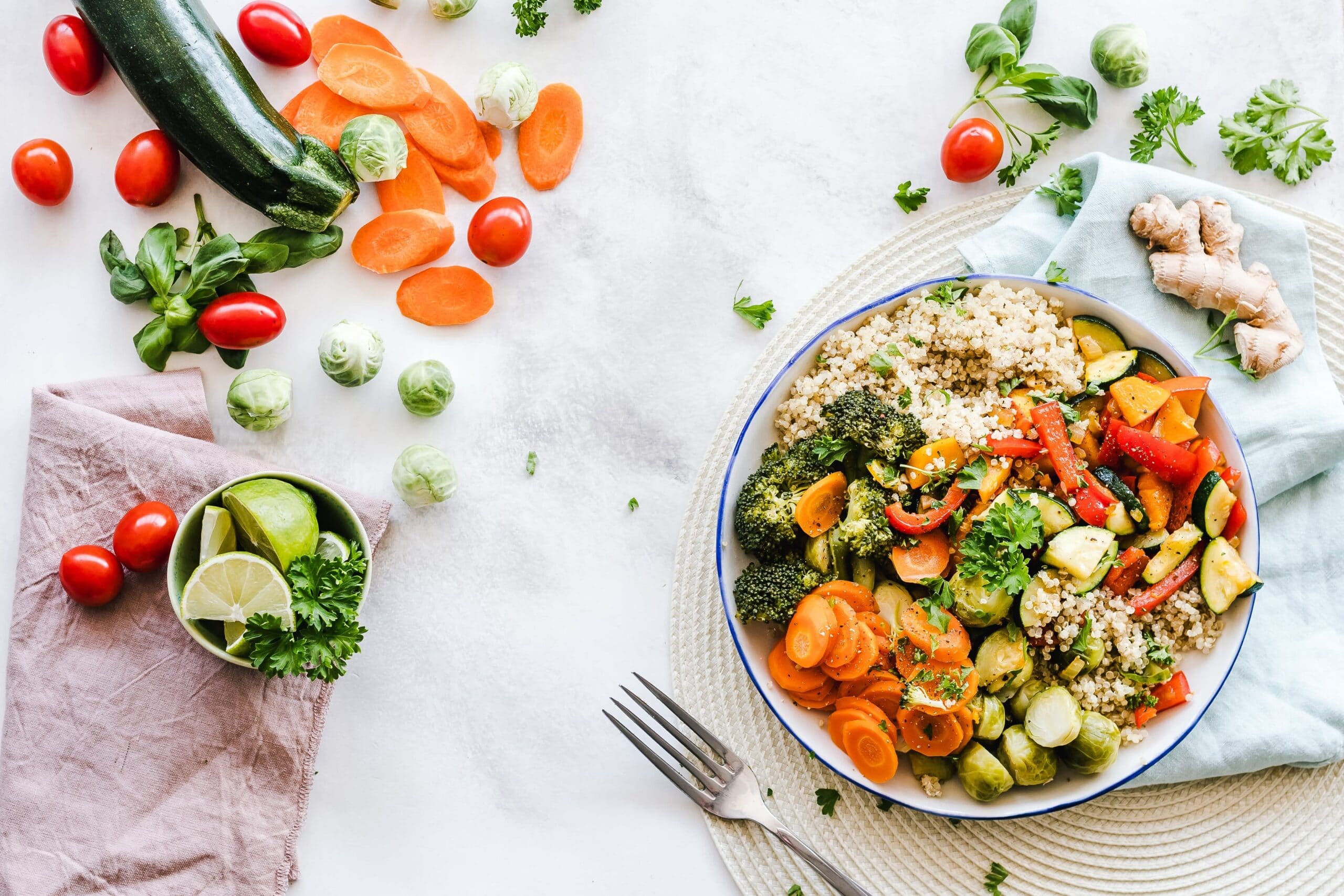As supermarkets gear up for shelves being cleared of pasta and household essentials, and the government rolls out a programme of diet shakes and soups to tackle obesity, the Institute for Optimum Nutrition believes that what people really need to do to keep well this winter is to eat a diet of real food.
The first step to achieving this is by reducing the quantity of sugar, white carbs, ready meals, processed meat and processed seed oils that are eaten, and increasing the intake of good quality sources of protein, unprocessed fats,colourful vegetables and whole fruit – not juices – and whole grains (depending on type 2 diabetic status).
By doing this, not only could weight loss be achieved and maintained, but the immune system will be supported, which is something everyone could benefit from during the current pandemic.
Heather Rosa, Dean of the Institute for Optimum Nutrition, said: “While the Government is taking a shakes and soups approach to get the nation’s health under control, what is really needed is better education so that people can make the right choices for themselves and their families.
With COVID-19 putting more pressure on us than ever and impacting the way people live, strong immune systems and optimal metabolic health are key, and these are achieved by eating nutritious, real food – not something that has been ultra-processed and requires a degree in chemistry to read the ingredients label.”
Body size isn’t the only issue to consider, because thin on the outside can still equal fat on the inside (TOFI). A third of type 2 diabetics have a normal BMI, and about 40% of people who develop metabolic syndrome also have a normal BMI. Just like obesity, this isn’t healthy status, but it can be addressed with a better quality diet as well as lifestyle choices such as regular exercise and enough sleep.
Heather adds: “While shedding a few pounds helps people look better on the outside, what is going on inside their bodies can be very different and this is another key consideration.
If we focus on the quality of the food we’re eating, with or without weight loss, people will be less at risk of conditions such as heart disease, type 2 diabetes, stroke and certain kinds of cancer – this is called metabolic health.
The next time you are at the shops, just stop and think about the food that will fuel, repair and protect your body, rather than focusing on calorie labels or food marketed for ‘dieters’.”
For individualised nutrition advice, consider consulting a registered nutritional therapist who can help find the best way ahead, with more details available at www.ion.ac.uk





